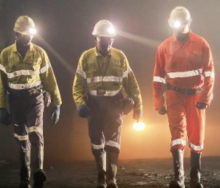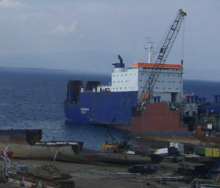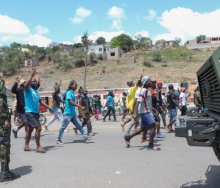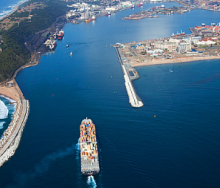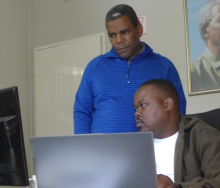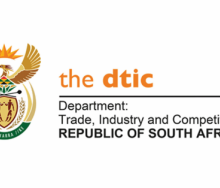In a maritime dispute with Kenya, Somalia has firmly stated that it will not accept any mediation, following the International Court of Justice's (ICJ) decision in October 2021, which ruled in Somalia's favour.
Ali Mohamed Omar, Somalia's Minister for Foreign Affairs, informed a committee of MPs that his country was not engaged in any negotiations with Kenya to resolve the disagreement. The issue arose when a member of the parliamentary committee sought clarification from the Federal Government after reports surfaced that Kenya's President, William Ruto, had asked Djiboutian counterpart Omar Ismael Guelleh to facilitate a resolution.
However, Omar maintained that Somalia would abide by the ICJ's ruling, which largely re-demarcated the sea border between the two nations.
He said: "The maritime dispute was settled by the ICJ, and there is no turning back on that.
"The court's verdict favoured Somalia's sovereignty. Perhaps discussions on implementing the court ruling are possible, but the issue of ownership of the sea is not up for negotiation."
The minister also dismissed the idea of mediation involving Djibouti, stating, "It came as a surprise to us, and I don't believe Djibouti has any role in resolving any dispute between Kenya and Somalia. I firmly believe the court ruling is final."
According to Somalia, Djibouti has not approached them yet, and Mogadishu will reject such overtures. Neither Kenya nor Djibouti has made any public statements regarding these claims.
The origins of the dispute date back to 2014 when Somalia sued Kenya at the ICJ, seeking to reclaim a portion of Kenya's waters in the Indian Ocean. In October 2021, the Court largely upheld Somalia's claims and discarded others. It is important to note that the ICJ's decisions are binding and cannot be appealed. However, the two countries will need to establish new boundaries as decided by the Court.
The dispute concerns a 100 000 square kilometre triangle in the Indian Ocean, believed to be rich in oil and gas. Nevertheless, further studies on some of the identified blocks have indicated that the oil reserves are not economically viable.
During the court proceedings, Kenya argued that the maritime border should run due east from the point where the two countries meet on the coast. Conversely, Somalia contended that it should follow the same direction as its land border. The judges at the Hague rejected Somalia's request for reparations and accused Kenya of violating its territorial integrity. Instead, they redrew the boundary, establishing a new demarcation line between the disputed territories, while also dismissing Kenya's claim that Somalia had previously agreed to such a demarcation. SOURCE: East African.


